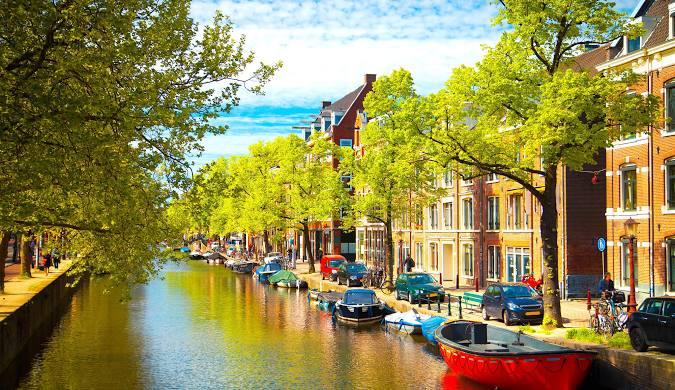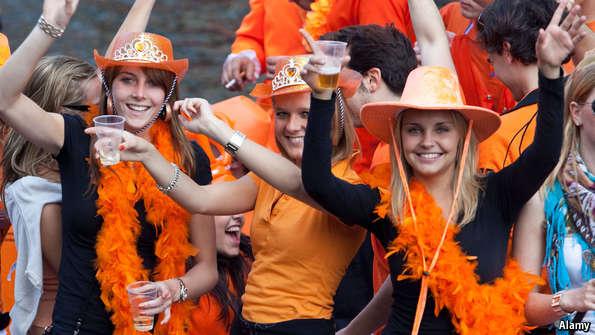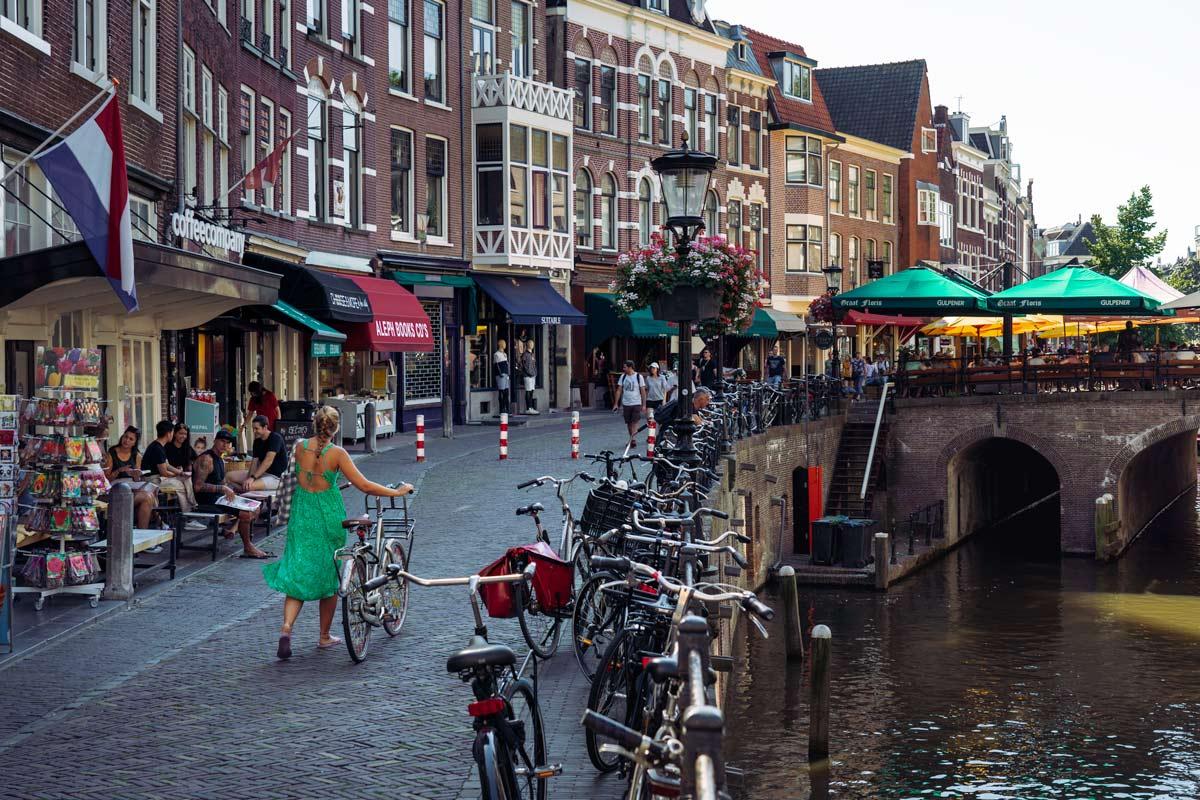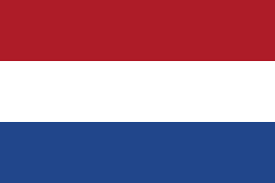“PONDERING OVER PROVINCES”- INFORMATIVE STUDIES OF SOME COUNTRIES- 1
NETHERLANDS:
The first country we will be talking about is the Netherlands. Even though this country is not so famous it has a beautiful culture and heritage. It has beautiful geographical features such as canals, tulip fields, windmills and cycling routes; all of which reminds you of a lovely spring day.

Geographical features and history:
- The word ‘Netherlands’ literally means lower countries. This refers to its low elevation and flat topography.
- In the Republican period, which began in 1588, the Netherlands entered a unique era of political, economic, and cultural greatness, ranked among the most powerful and influential in Europe and the world; this period is known as the Dutch Golden Age. During this time, its trading companies, the Dutch East India Company and the Dutch West India Company, established colonies and trading posts all over the world.
- It has a population over 17.9 million people and is the 33rd most densely populated country in the world.
- It is the world’s second largest exporter of food and agricultural products and values because of its fertile soil and favourable climate.
- Amsterdam is the capital of the Netherlands.
- Dutch is a West Germanic language, spoken by about 25 million people as a first language and 5 million as a second language and is the third most spoken Germanic language. In Europe, Dutch is the native language of most of the population of the Netherlands and Flanders.

Contribution of Netherlands to the word:
As a country known for its forward-thinking and innovative culture, the Netherlands is credited with the creation of many devices we take for granted today. Holland continues to bring its penchant for innovation into the future.
- Technology: The Netherlands is credited with inventing the microscope, the eye test, the telescope, the submarine, and Bluetooth. They also invented CDs, DVDs, Blu-Rays, and cassette tapes.
- Agriculture: The Dutch are credited with developing orange carrots.
- Finance: The Netherlands invented shares and the stock market.
- Culture: The Netherlands is known for its welcoming culture and healthy diet.
- Cycling: The Netherlands is considered the world's safest country for cycling.
- Windmills: The Netherlands has over 1,000 historic windmills.
- Farming: More than half of the Netherlands is used for farming.
Culture:
The Netherlands is a diverse and progressive country with many cultural traditions. It has a rich cultural heritage that includes world-renowned painting and crafts, and a long history of cultural liberalism and tolerance. The Dutch are known for being friendly, informal, and welcoming, and the country is considered a center of cultural liberalism and tolerance. There are strikingly few differences between Dutch people based on gender, age, education level or origin.
The Netherlands has two major cultural regions, Randstad and Non-Randstad, which have different characteristics:
- Randstad: This region is home to the country's major cities, including Amsterdam, the Hague, Utrecht, and Rotterdam. It's characterized by tolerance, openness, and permissiveness.
- Non-Randstad: This area is typically more rural and conservative in attitudes.
Other aspects of Dutch culture:
- In the Netherlands, only parents and children live together, and parents are the heads of the family. Children often disagree with their parents, but this is not considered rude. Families also like to do things together, especially on weekends. .
- The Netherlands has a huge biking culture, with many biking lanes in the country, even in the large cities. People of all levels of society consider biking a common way to get around, and there are more bikes than people in the country.
- When someone has a birthday, it's customary to congratulate everyone in the room, not just the person having a birthday. Many Dutch people also keep track of birthdays in their family and friendship groups using a calendar on the back of the toilet door.
- The Dutch prefer to work more efficient and less hours rather than to work very busy schedules for more money.
- More than half (55 percent) of Dutch people aged 15 years and over are not religious. In 2020, 20 percent of the Dutch population belonged to the Catholic Church, 14 percent were Protestant, 5 percent Muslim and 5 percent belonged to another religious group.
- Dutch food culture is heavily based on meat, bread and potatoes. It is not unusual for the Dutch to eat bread in the morning and afternoon, and end the day with potatoes, vegetables and meat.


